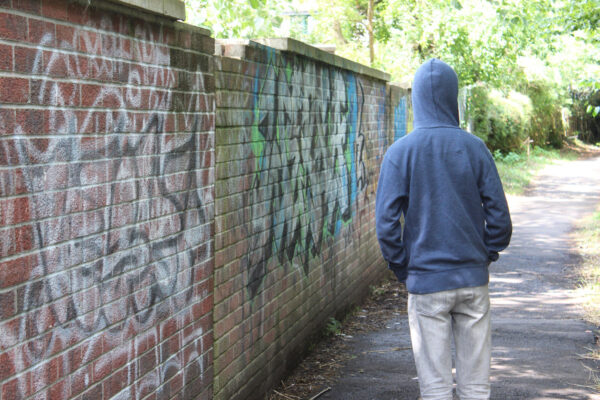
Gang Youth and Young Adults Can Go To and Graduate From College
By Adrian Huerta
In December 2021, President Mike Muñoz of Long Beach City College (LBCC) sent me a congratulatory text that we were the recipient of nearly one million dollars from the U.S. Department of Education to develop a college access and success program for gang-associated youth and young adults. This grant is the first formal collaboration between the USC Pullias Center for Higher Education and LBCC. As the only recipient of the federal grant, this partnership between the Pullias Center and LBCC provides a unique opportunity to fuse the mutual goals of racial and educational equity.
With this grant, the Pullias Center and LBCC will engage in asset-based and holistic practices to promote educational attainment and social mobility for minoritized students who are often excluded from K-12 and higher education.
For the next three years, the LBCC Phoenix Scholars: Supporting gang-involved youth and young adults into postsecondary education can set an example of a strategic partnership between USC and LBCC to battle against the school-to-prison nexus that has historically harmed low-income and students of color. This program builds on my nearly one decade of research documenting the educational experiences and pathways for gang-associated youth in K-12 and higher education. LBCC President Muñoz is a staunch advocate for college access and success. During his tenure, LBCC has integrated data- and equity-informed practices to raise enrollment, transfer and graduation rates for community college students.
The LBCC Phoenix Scholars will provide multiple entry points for college access and success for youth and young adults in the greater Long Beach area who are either gang-associated or gang-impacted, which could mean living in a community where gangs have a strong presence, being the child or sibling of a gang member, or labeled as a gang-member by educators or local police. This grant’s short- and long-term goals are to enroll multiple cohorts of eligible 16–24 year-old gang-associated youth and young adults into earning a college degree, certificate or credential from Long Beach City College. The student participants will receive many free resources to prepare for the local job market through paid internships, support from dedicated program staff and professional development from USC scholars and graduate students.
The first cohort of students will participate in a summer orientation, and be guided through the various college hoops related to financial aid, enrollment and other transitional points for new college students. Apart from this partnership, mutual trust is fostered between student participants and the LBCC Phoenix Scholars part-time and full-time staff members. Different activities will be implemented throughout the year to support students in developing college-going identities.
As a researcher, I see the immediate value of the LBCC Phoenix Scholars as a unique opportunity to transform my research into practice in the local community. Often, as scholars, we hope that our work will immediately or soon impact the local, regional or national policy or practices. This three-year grant will allow us to test out the best methods to support gang-associated youth and young adults in graduating from college and to help inform other community colleges across the state.